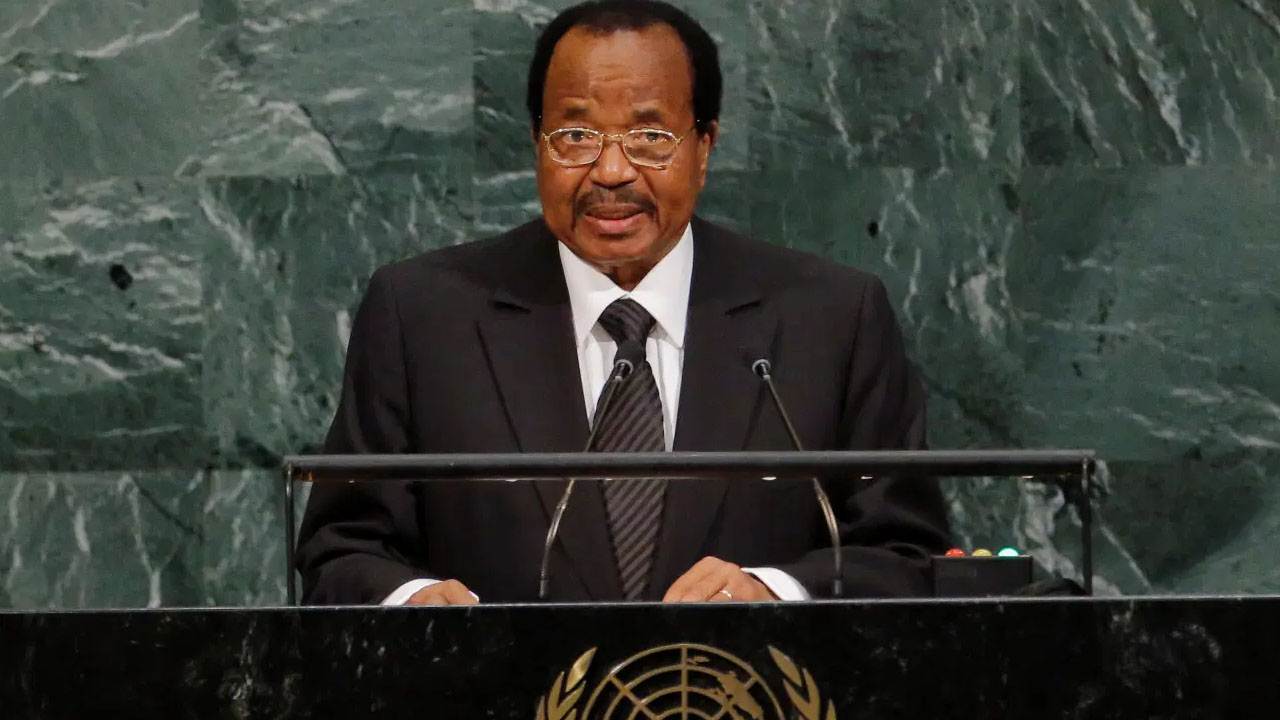Cameroon’s veteran leader Paul Biya on Monday announced the country first regional elections in December, including in two western regions in the grip of a revolt by the anglophone minority.
The indirect elections on December 6 in the country’s 10 regions will put in place councils provided for in a 1996 constitution in a move towards decentralisation but not yet implemented.
These councils will also be elected in the two western regions where a nearly three-year-old insurgency has claimed over 3,000 lives.
The two restive anglophone regions are home to a large minority of English speakers in a country where French speakers are the overwhelming majority — a situation that is the legacy of the decolonisation of western Africa by France and Britain more than six decades ago.
Years of resentment at perceived discrimination against anglophones led to the declaration on October 1, 2017, of the self-described Republic of Ambazonia in the two regions, triggering a crackdown by the authorities.
Biya, 87, has been in power for nearly four decades and has promised these two regions a special status in a bid to quell the unrest.
The regions will elect 90 councillors, who will have limited powers on local issues. Twenty of them will be representatives of traditional chieftains.
John Fru Ndi, leader of a key opposition party, has said he will boycott the election unless there is a ceasefire first in the English-speaking regions.
AFP
